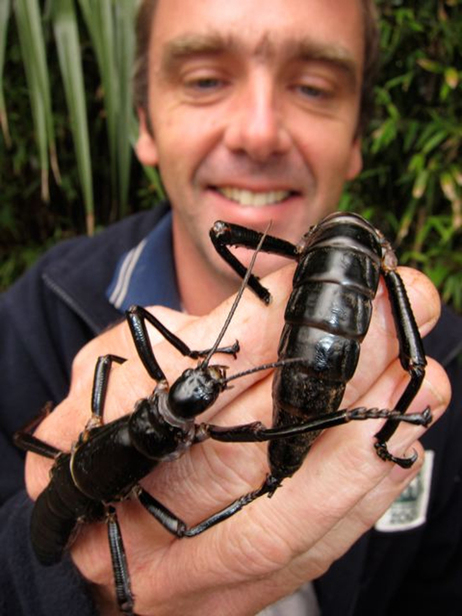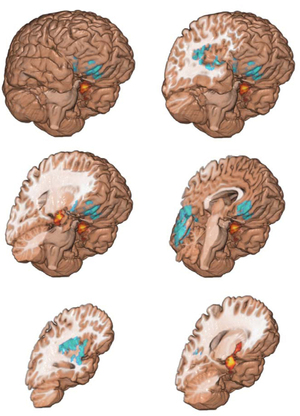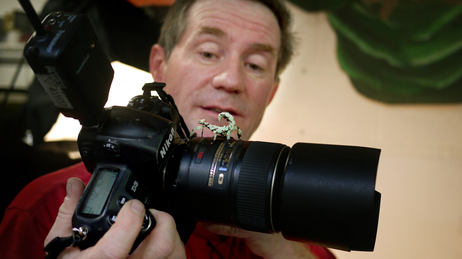A Nation Divided: Can We Agree on Anything?
"Like baseballs in a batting cage, the  unpredictable."
unpredictable."
"Last month it was the flap over the Susan G. Komen foundation and its move to cut financial support of Planned Parenthood. The resulting imbroglio
"This month it's the Girl Scouts. Bob Morris, a state representative in Indiana, has created a kerfuffle by denouncing the Girl Scouts organization for 'sexualizing young girls.' The campfire-building, cookie-selling sorority, he wrote in a letter to his state Legislature, 'has been subverted in the name of liberal progressive politics and the destruction of traditional American family values.'"
"Next month it could be church bells, butterflies or baseball. There's just no telling."
"Do Americans disagree about everything? Are we such factious and fractious folks that we just naturally start arguing and choosing sides whenever something comes up? Are we always contentious, never content? Always warring, never loving? Have we reached such a pointed, poisoned, partisan point in our history that any topic, once it rises to the surface of national dialogue, triggers angry standoffs on Facebook and Twitter and everywhere else?"
 Friday, March 2, 2012 at 12:36PM
Friday, March 2, 2012 at 12:36PM  heck we're to know what's safe to eat."
heck we're to know what's safe to eat."

















